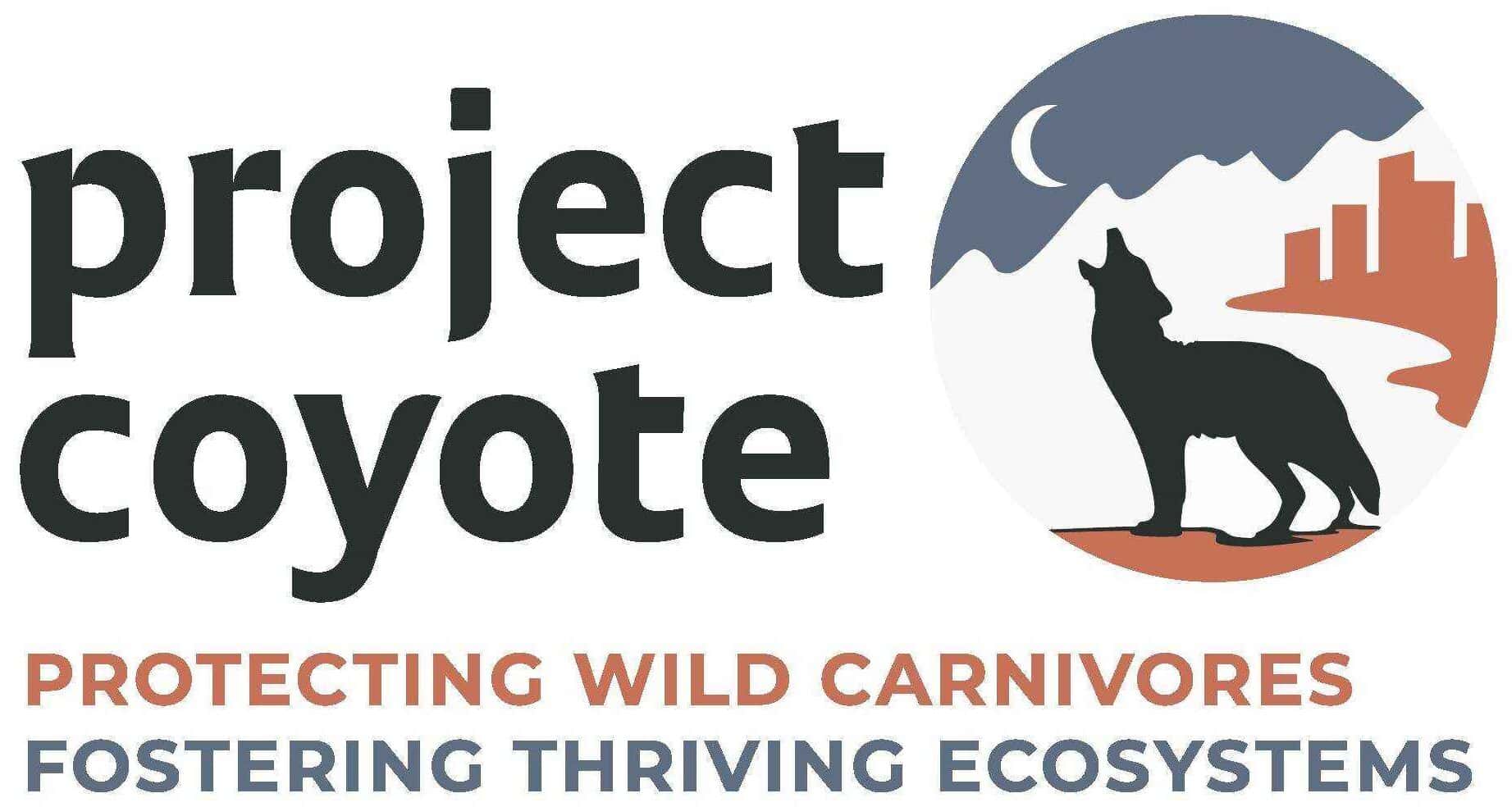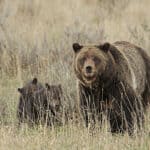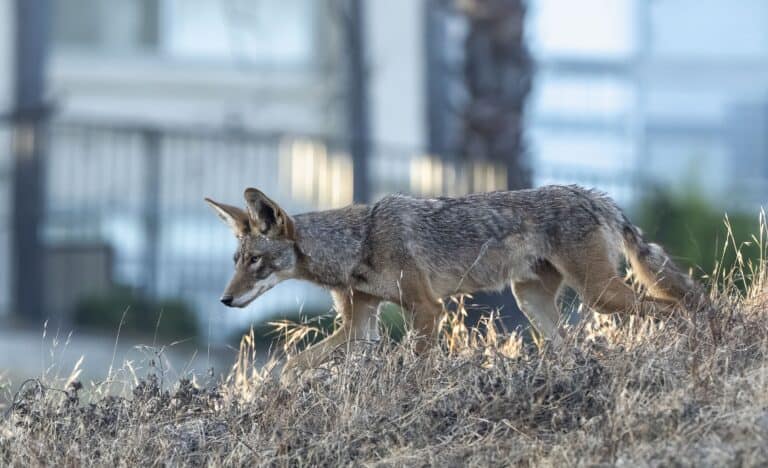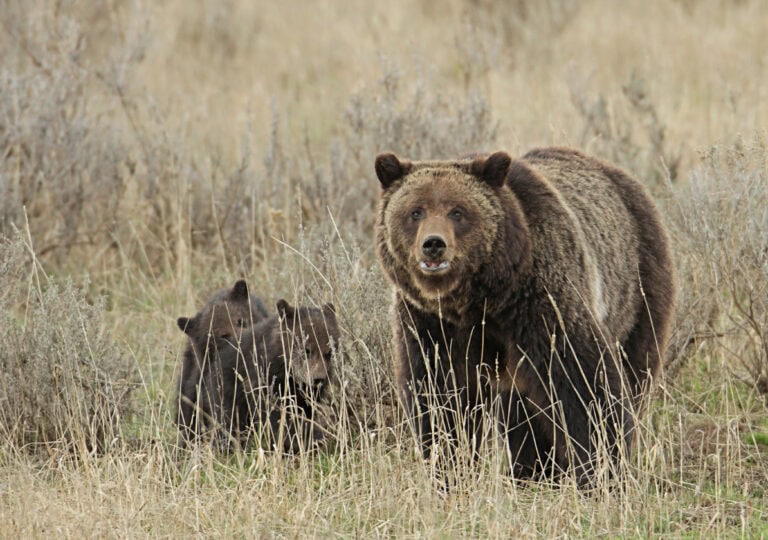2021 Mexican Wolf Initial Release and Translocation Plan Released: Public Comments Due by December 31, 2020 ~ please speak out today for Mexican gray wolves and tell the U.S. Fish and Wildlife Service (USFWS) you support releases of bonded wolf families!
The 2021 Initial Release and Translocation Plan outlines management options for initial release(s) and translocation(s) of Mexican wolves into the Mexican Wolf Experimental Population Area (MWEPA) in Arizona and New Mexico for the year.
USFWS and other agency partners continue to focus only on cross-fostering, a technique that involves introducing individual pups into wild dens, rather than releasing bonded wolf families into the wild. While cross-fostering is an important tool, cross-fostered pups have to grow up and have pups of their own to contribute their genetics, making cross-fostering a longer-term investment in recovery—which may not adequately address the urgent genetic crisis wild Mexican gray wolves are facing.
The release of bonded family packs will immediately increase the genetic diversity of the wild population by placing breeding-age wolves onto the landscape. Both techniques are needed if we are to save these rare wolves from extinction.
Wild Mexican gray wolves need your help during this public comment period. USFWS must hear from wolf advocates like you who support wolf families being released from the Mexican Wolf Species Survival Plan (SSP) captive breeding program into the Southwestern landscapes where they belong!
You may submit written comments by one of two methods (and please send a copy of your comments to our coalition coordinator at speakout@mexicanwolves.org to ensure comments are tracked and we can help ensure government accountability and transparency):
- Electronically (preferred): You may email mexicanwolfcomments@fws.gov. Responses submitted electronically must be received by 11:59 p.m. Mountain Time on December 31, 2020.
- By hard copy: Submit by U.S. mail to: Mexican Wolf Recovery Program, Attn: 2021 Proposed Releases in NM; 2105 Osuna Rd NE; Albuquerque, NM 87113. Responses submitted by U.S. mail must be received by December 31, 2020. And remember mail delivery may take longer over the holidays.
Suggested talking points (and please personalize your comments and outreach):
- Relying solely on cross-fostering slows the dispersal of wild wolves into additional legally authorized suitable habitat. Releases of bonded wolf families with their pups will increase the wild population, improve genetics in the wild, and expand the area where these beautiful native wolves can be found.
- The proposal calls for cross-fostering but has no provisions for accountability or a “fallback” to keep the genetic health from deteriorating if this goal is not met.
- USFWS continues to give Arizona and New Mexico control over Mexican gray wolf recovery by failing to ask for permission to release well-bonded wolf families with pups.
- USFWS alleges that releasing adults is not desirable due to nuisance behavior from wolves released from captivity, ignoring the efforts of the Mexican Wolf Species Survival Plan (SSP) captive breeding facilities to reduce the risk of wolves becoming habituated to people and to ensure that those wolves retain their wild instincts. This devalues the expertise and commitment of SSP partners and places a huge burden on the SSP to house and breed more wolves without hope of those wolves having a chance to someday live in the wild where they belong.
- USFWS claims that captive-born adults that are released require supplemental feeding and other resource-intensive management actions to help these wolves adjust to life in the wild but fails to mention that every pack that receives cross-fostered pups will also require supplementary food caches and intensive monitoring to ensure the success of cross-fostering operations. If both techniques require similar resources, USFWS should not give up on one because it takes “too much work.”
- USFWS claims there is no tolerance for adult releases but could be doing more to support community outreach in areas where Mexican gray wolves are returning as well as increasing investment in projects that reduce wolf-livestock conflict and improve social tolerance. Following the genetic crisis, lack of social tolerance and the associated illegal killings that follow are among the greatest threats to the survival of Mexican gray wolves. USFWS needs to step up and do more to improve social tolerance if Mexican gray wolves are to have a chance to thrive.
- Southwestern landscapes need wolves, and wolves need USFWS to do more to ensure they can reclaim their role bringing balance to wild places.
Thank you for speaking up for Mexican gray wolves!
Dave Parsons
Science Advisory Board Member
Dr. Michelle Lute
National Carnivore Conservation Manager






